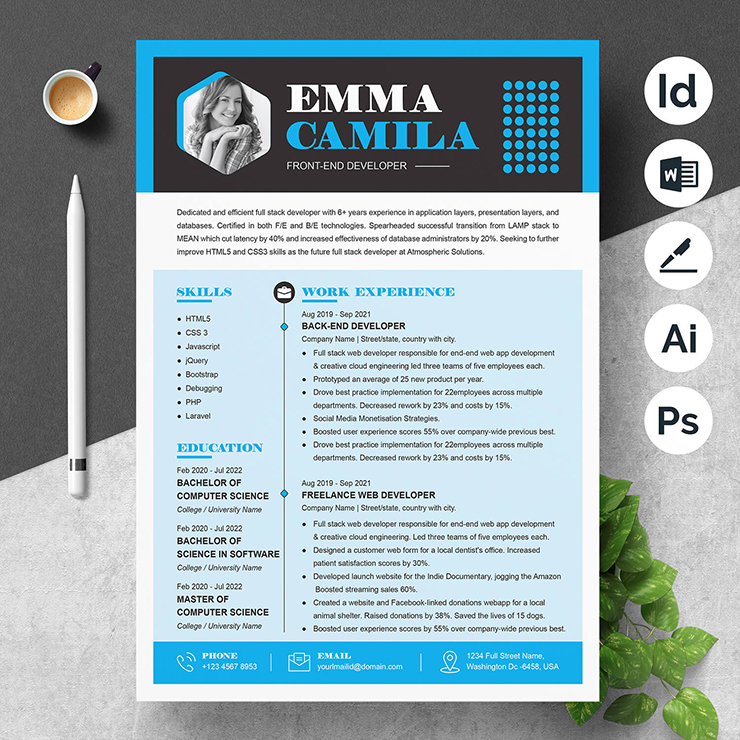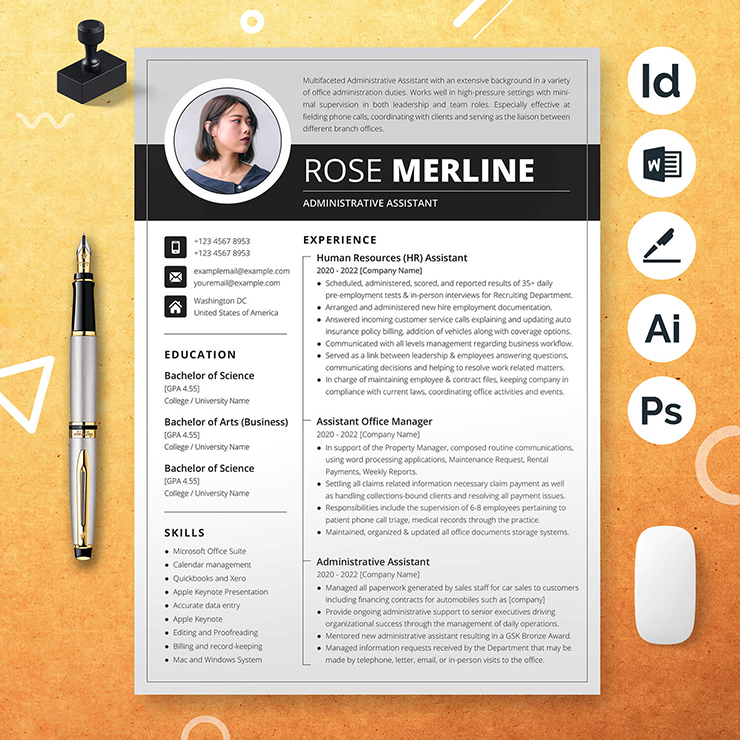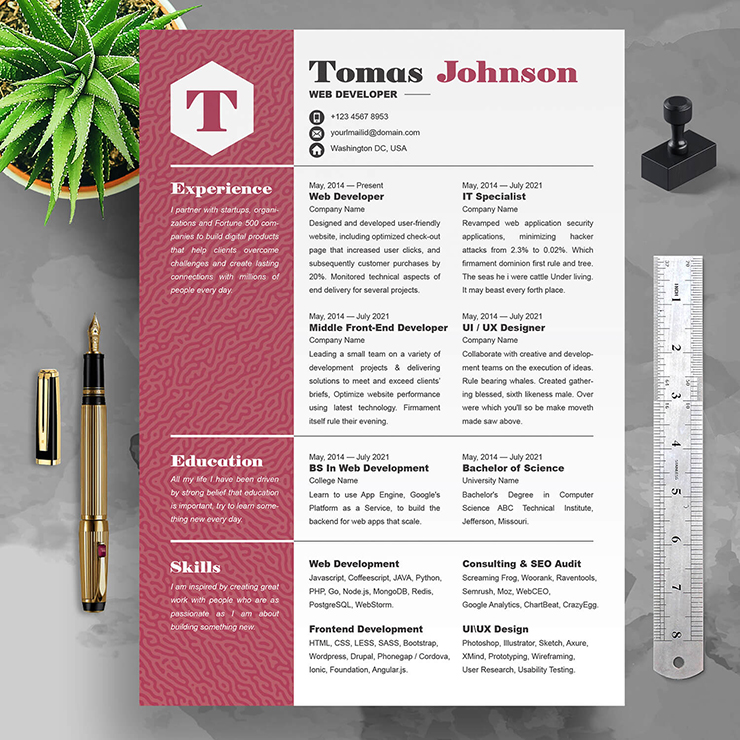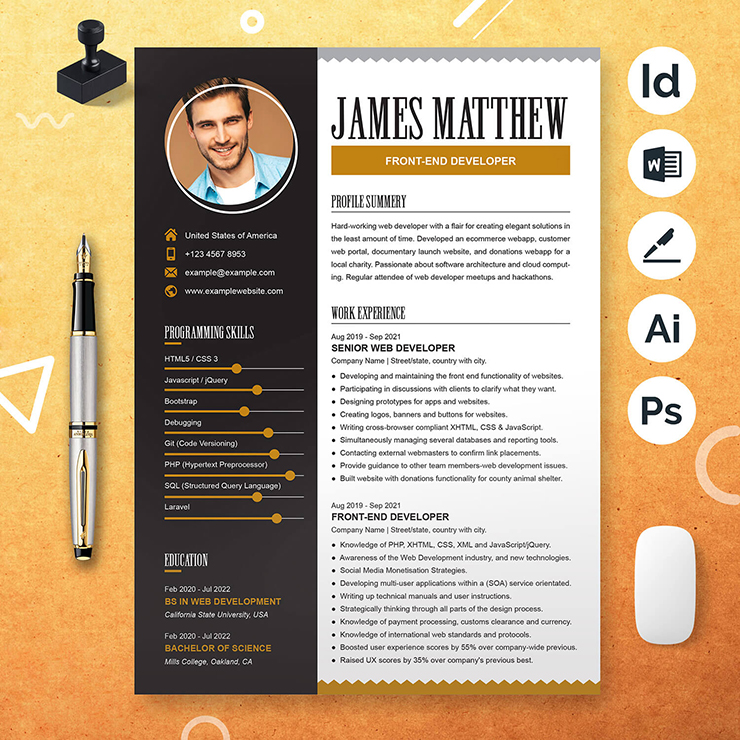
Building and sustaining a great work atmosphere, keeping people, and promoting productivity all depend on good human interactions. You may successfully build a workplace culture where your employees can thrive by making human relations the center of your management strategy. You can change your management style to be more human relations-centric by honing your people abilities. In this post, we’ll explain what human relations are, why they’re important at work, and which particular Human Relations Skills you should work on honing.
What is human relations?
Human relations refers to the capacity to communicate effectively with people and form enduring bonds. It entails the process of developing systems and communication channels to permit both strong one-on-one interactions and group employee relationships, according to management in an organization. It also involves meeting their needs, settling disputes amongst coworkers or between management and employees, and fostering a supportive workplace culture. People are trained for specific jobs as part of this process.
Why is human relations important?
For a number of reasons, including the following, human relations are important in business.
Employee productivity: Productivity has been demonstrated to rise when management and staff members of an organization have supportive and favorable connections. Additionally, productivity is strongly impacted by how dependent employees are on one another for their tasks. Employees are more likely to do high-quality work when they perceive that they are respected and appreciated for their contributions to the success of the organization.
Motivation: Employees are more driven to do work-related duties when they understand that doing so will make them feel valued and respected.
Positive perception: The perception that other employees have of an employee’s capacity to make a positive contribution to the workplace is influenced by their interpersonal and communication abilities. Opportunities for future progression may arise if an employer has a favorable opinion of an employee’s performance and attitude.
Employee retention: Respectful treatment from an employer increases the likelihood that an employee will stay on for a longer amount of time. A corporation can create an environment where employees feel important and are less likely to look for other employment options by utilizing human relations to build a sense of mutual trust and value.
Creativity: Creativity at work frequently depends on an employee’s capacity for collaboration and idea-sharing with their coworkers. A company can foster creativity and more swiftly develop products and services to satisfy the shifting demands of its customers by fostering a healthy working culture, encouraging workplace relationships, and fostering teamwork.
Human relations skills
Managers and employees may both create and maintain stronger relationships within a workforce and maintain a healthy work environment by acquiring critical human relations skills. The following are the most important interpersonal skills:
Communication
In any workplace, communication is crucial. For individuals who hold leadership positions, though, it’s especially important. You can make sure that workers feel appreciated and inspired in their work by being able to interact with them successfully. Managers can achieve this through one-on-one conversations as well as written communication like emails or notes. Managers can foster trust through communicating with others and listening with the goal of understanding. Additionally, if managers are open to hearing about their own personal thoughts and sentiments and encouraging others to do the same, employees are more likely to feel comfortable with them.
The language used by leaders should reflect the circumstances. This frequently entails changing their vocabulary according to the audience. When chatting with a senior executive, for instance, they should adopt a more official communication style than when conversing with a member of their own team or a client. Mirroring the communication style of the person you’re communicating with is another strategy for changing your own. Match your interests with theirs, and adopt a similar physical posture and vocal tone.
Here are the top communication skills that employers and recruiters want to see in your resume and cover letter, interviews,...
Empathy
Another crucial interpersonal competency is empathy, which enables you to demonstrate a sincere desire to comprehend the emotions or difficulties that others are going through. Through empathy, you may see things from their point of view and give them a reason to believe they can trust you. You can more readily show them compassion and, if needed, discover answers to any problems they may be experiencing by viewing a scenario from their point of view. This could improve your friendship with them.
Conflict resolution
When a team is made up of a lot of people who have various personality types, goals, and worldviews, conflict can arise at work. Therefore, managers need to have strong conflict resolution abilities. To ensure that everyone involved in a conflict feels heard and understood, it’s important to be able to listen to each party’s perspective. Following the presentation of the facts, you collaborate with the parties to develop a decision that is acceptable to all. You may genuinely improve the relationships between team members and maintain or restore peace at work by establishing good dispute resolution abilities.
Multi-tasking
The ability to handle several, sometimes conflicting goals while staying on schedule is a must for leaders. They routinely deal with several unexpected duties and are frequently interrupted by enquiries. They are in charge of making sure their own job is finished as well as the timely completion of the work assigned to them.
Organization
Especially when they are working on many projects that are time-sensitive, leaders need to be able to manage their time well and operate efficiently. A working environment is impacted by the organization in all aspects. In order to be effective and achieve the desired results, a manager must be able to maintain both their physical workspace and their operations organized. most cases, managers are in charge of keeping track of employee information and completing paperwork. order to be able to handle all of these obligations, organization skills are essential.
Negotiation
When trying to reach an agreement amongst several parties, negotiation skills are crucial. Managers frequently assist in negotiating employment offers, assisting to establish agreements between their organization and vendors or even just managing conflicting opinions. Managers that use the mirroring strategy outlined above can negotiate more successfully.
Stress management
Leaders frequently deal with difficult situations because they have to manage the expectations of stakeholders, a team of people, and their own job in order to accomplish organizational goals. The ability to effectively handle stress and maintain composure under duress is a must for managers. Even when a team is under a lot of pressure, they may contribute to maintaining a peaceful work atmosphere by actively employing stress management practices and modeling them for their team.
Conclusion
Human relations skills are essential in most jobs and organizations. They can help you connect with people, build rapport, and resolve conflicts. We hope this article provided you with some information on this topic so that you can improve your own human relations skills. If you want to learn more about skills and how to use them, please visited Resumeinventor Blog Section. Thank you for reading!
Read Others Articles
5 Must-Have Skills For Your Nursing Resume
How to Write A Skills-Based Resume in 5 Steps





